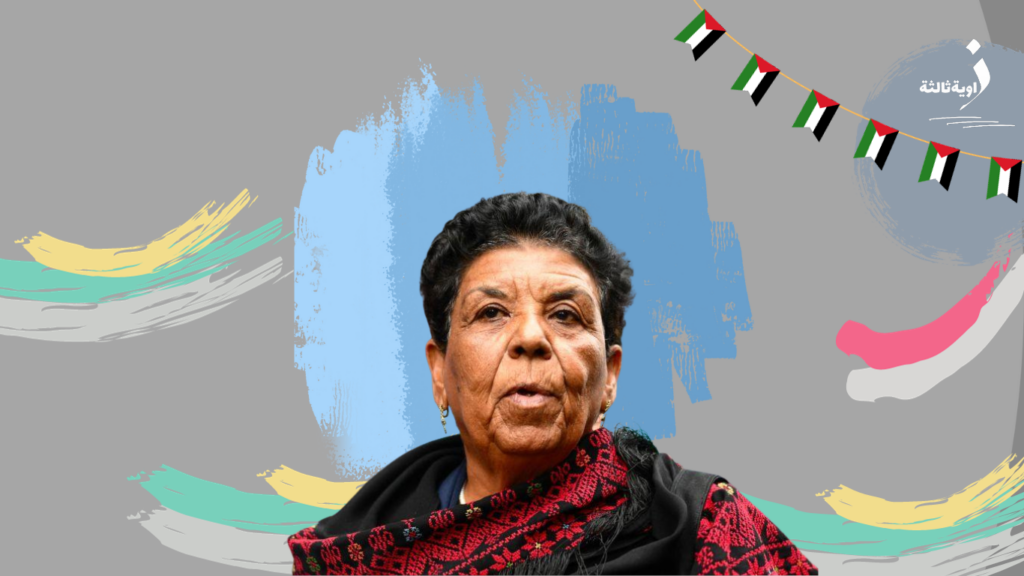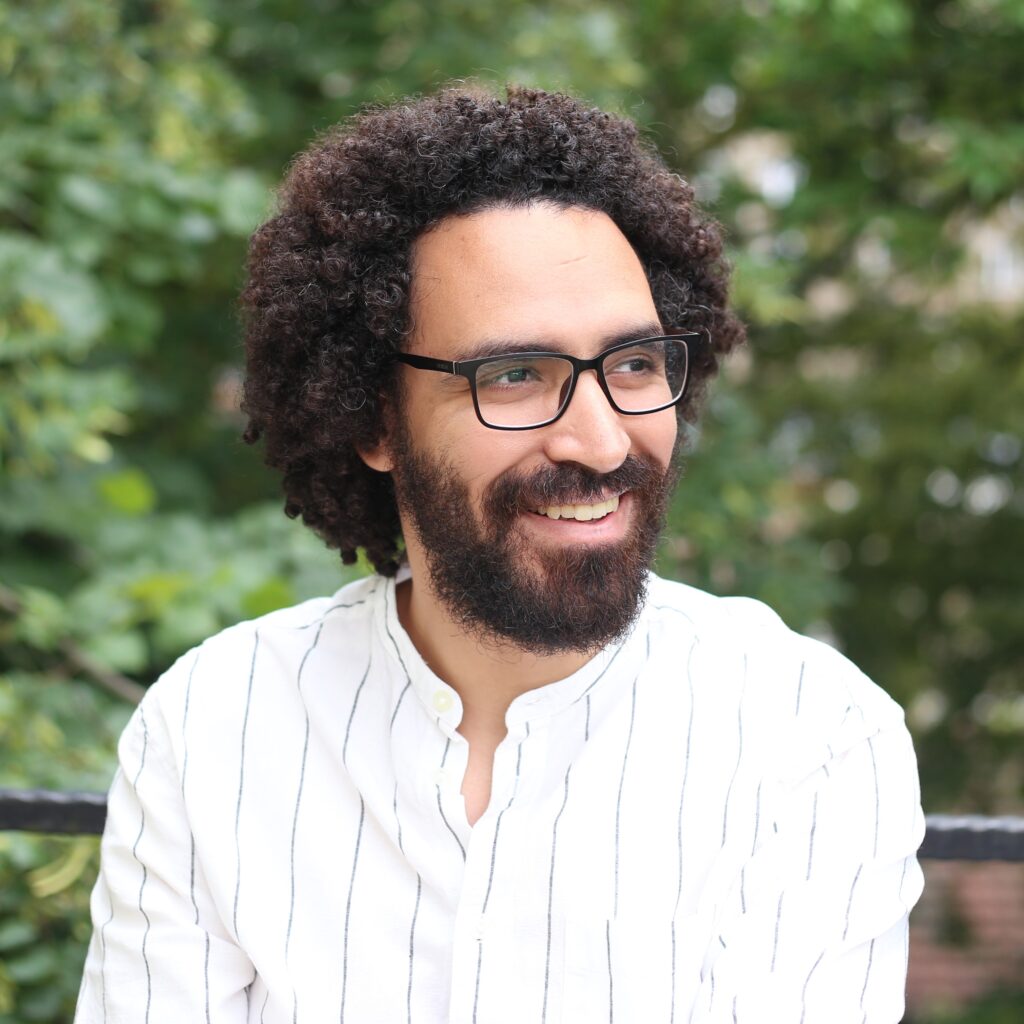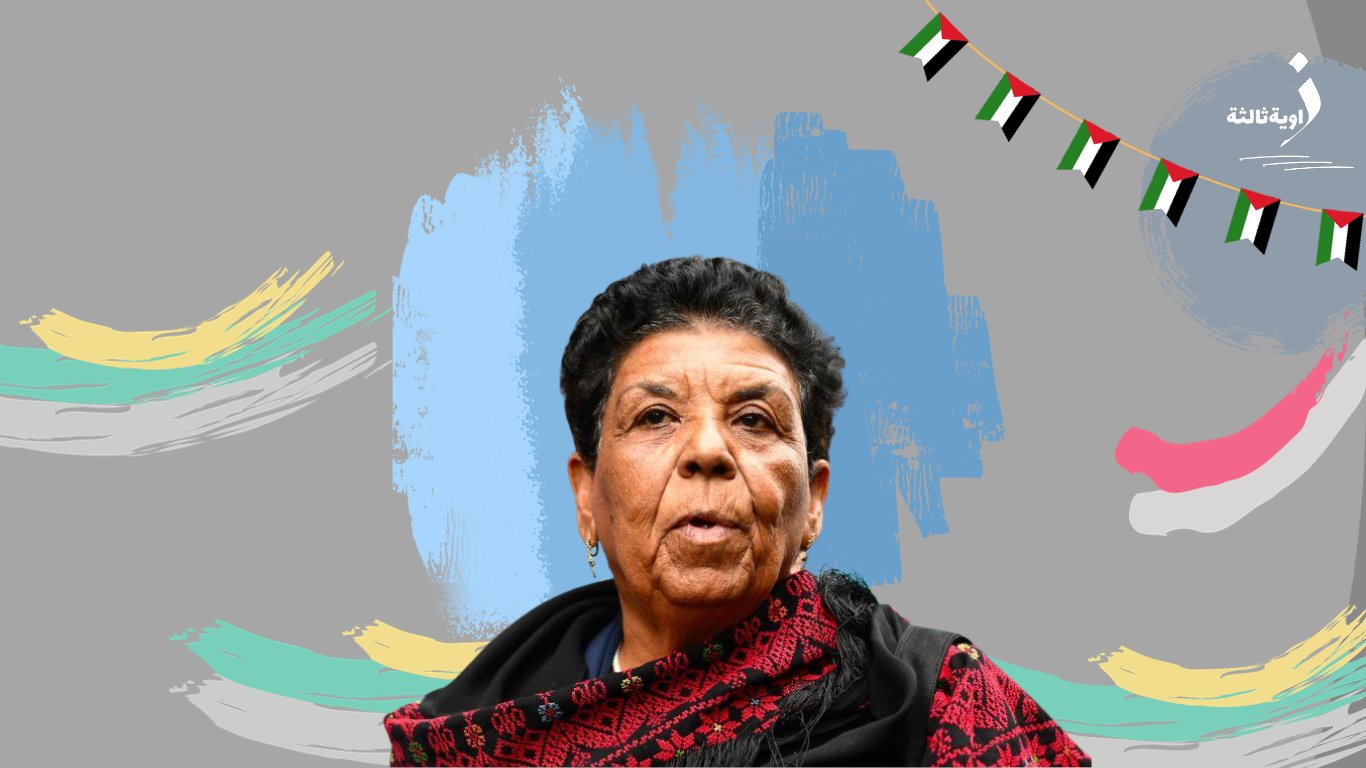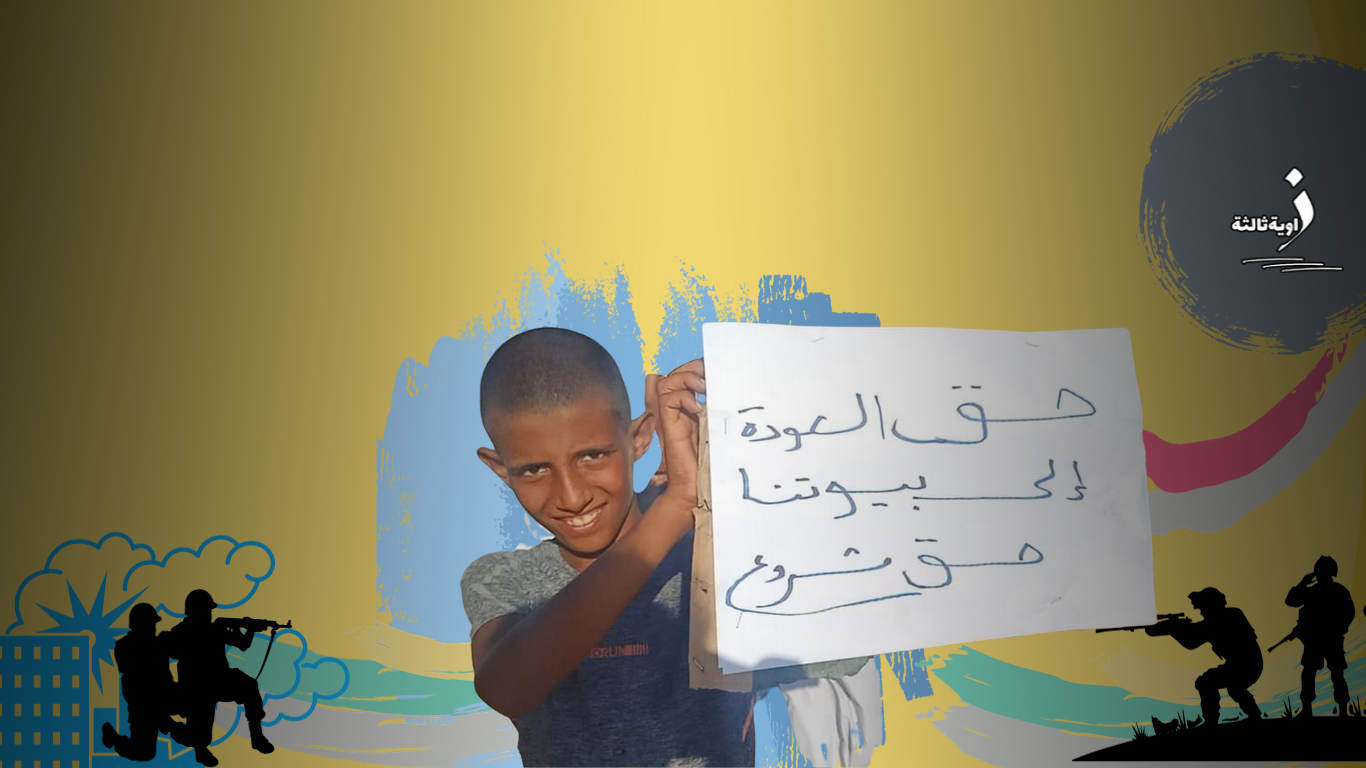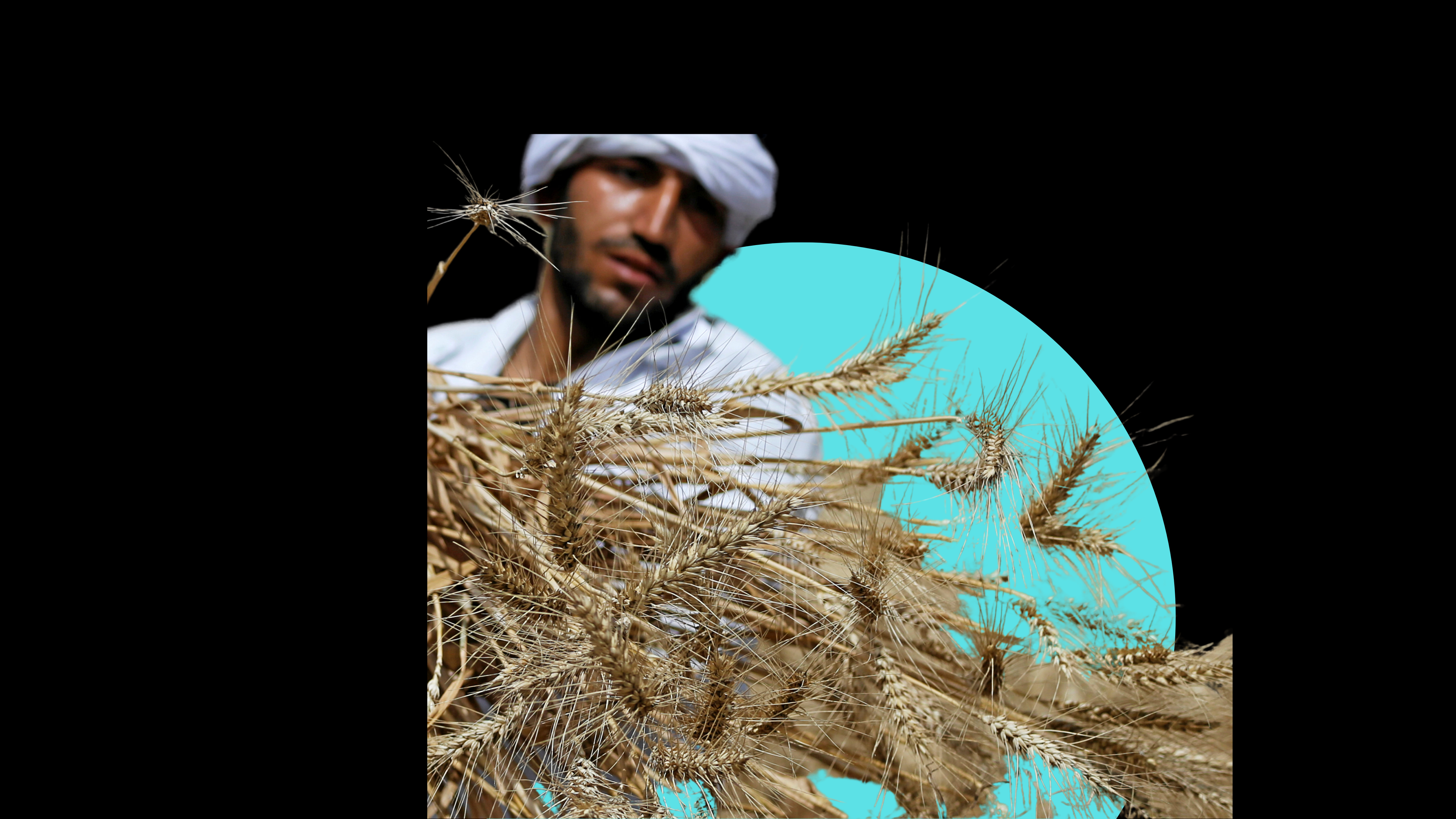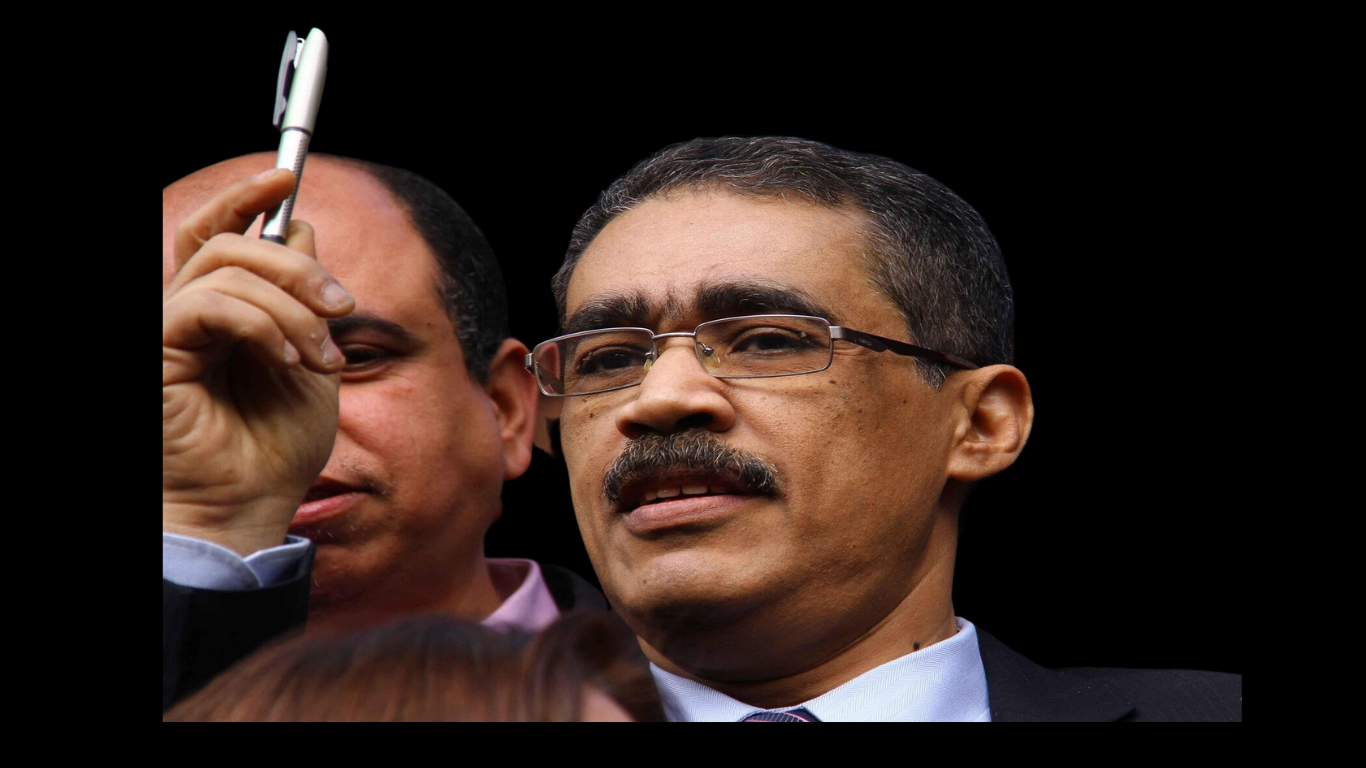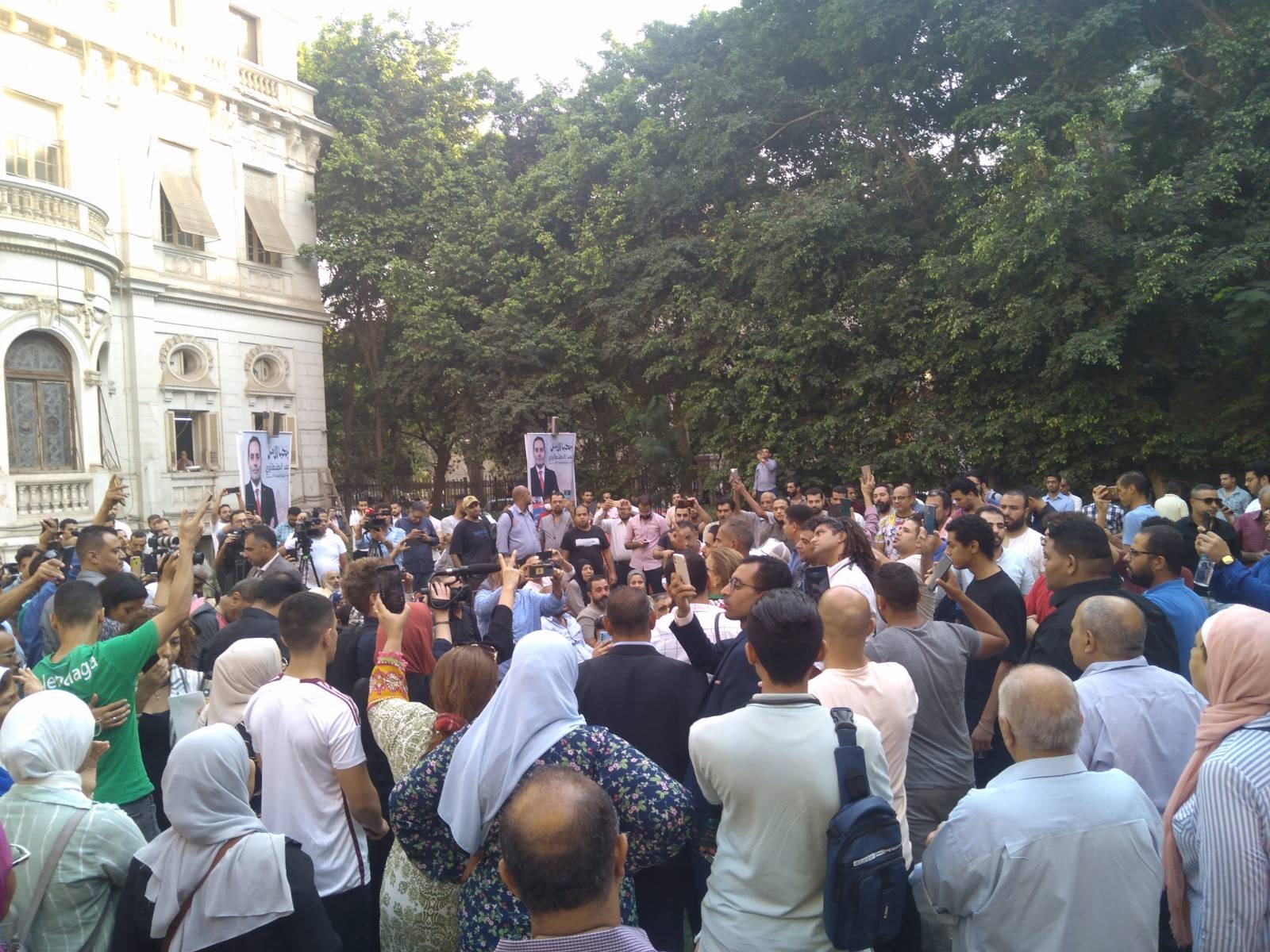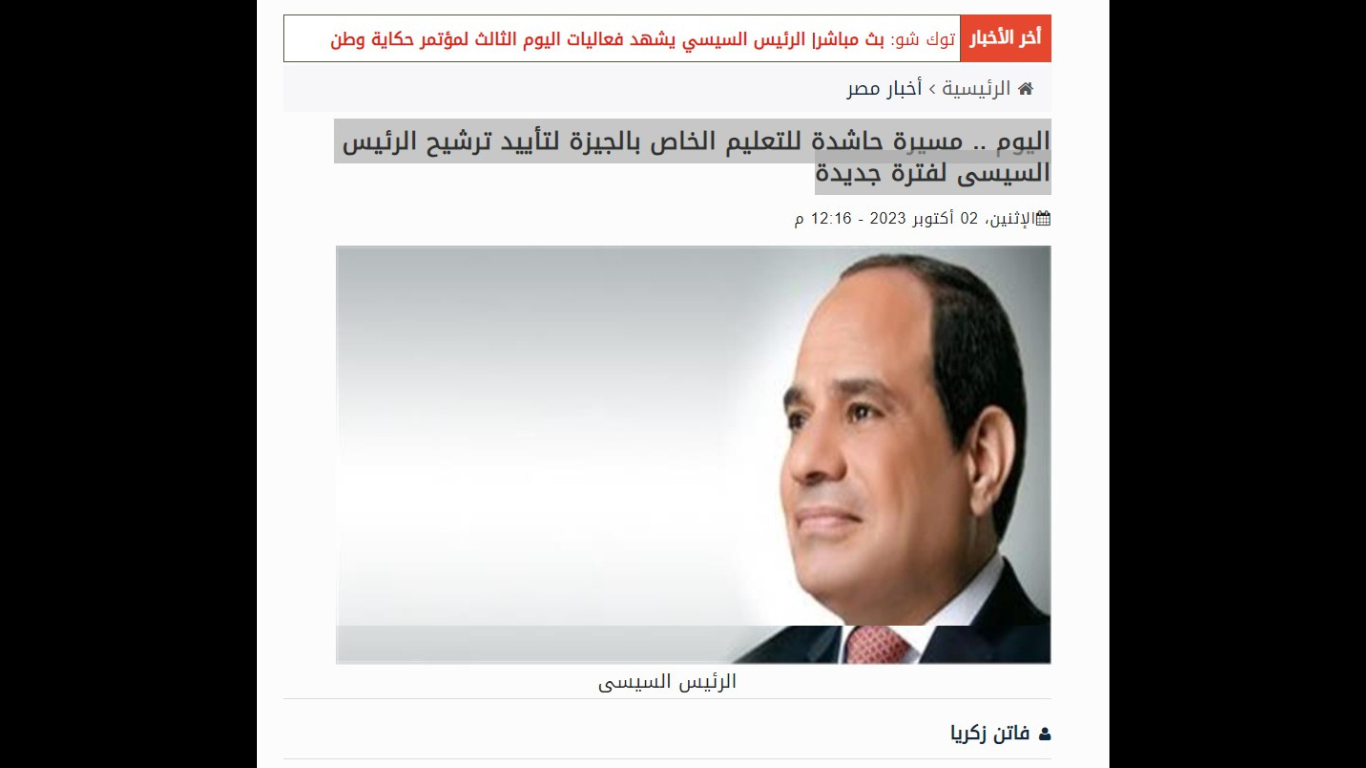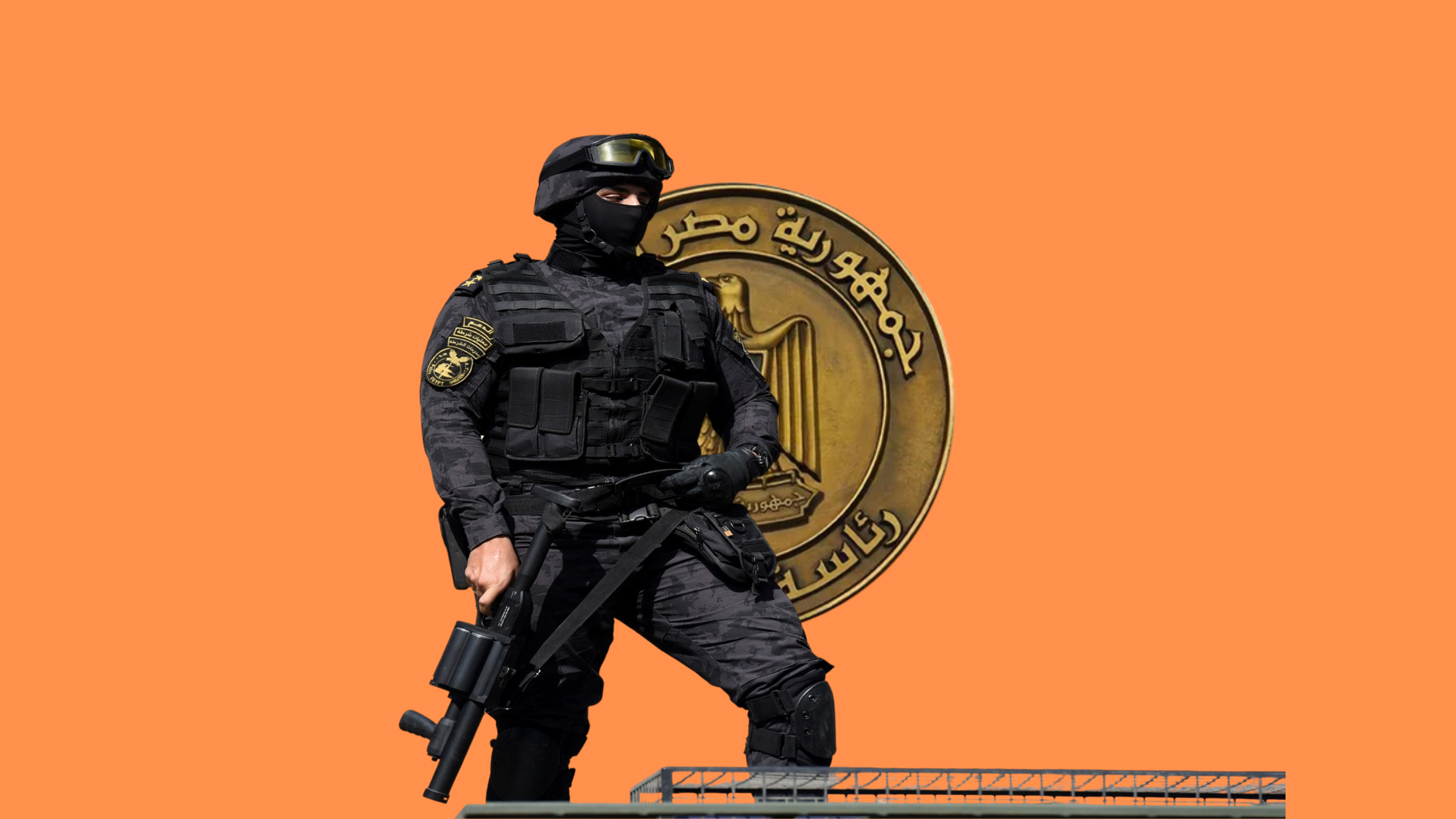Maryam Abu Daqqa is a 72-year-old Palestinian activist who was recently detained by the French police and is set to be deported to Cairo. The decision to deport her was made by the French government, and she is expected to arrive at Cairo International Airport late on Saturday.
The reason for her deportation is linked to her affiliation with the “Popular Front for the Liberation of Palestine,” an organization classified as “terrorist” by Israel and the European Union. The Popular Front for the Liberation of Palestine is a prominent left-wing organization in Palestinian politics, active since 1967 within the Palestinian territories, opposing the Oslo Accords with Israel. It was founded by a group of Arab nationalists and Palestinian organizations at that time.
Maryam Abu Daqqa legally arrived in France at the end of September. However, her activities and calls for participation in seminars within prestigious French institutions sparked opposition from the far-right in France. The Israeli Embassy had previously issued a statement condemning her visit to France, accusing her of delivering lectures deemed anti-Semitic. Abu Daqqa was placed under house arrest in a hotel in Marseille for 45 days by the French Minister of Interior, Gérald Darmanin, while she was traveling through France to attend a series of 15 conferences on the Israeli-Palestinian conflict. The house arrest was in place until her deportation from France.
The President of the Senate, Yaël Braun Pivet, strongly opposed Maryam Abu Daqqa’s presence at an event organized by the “France Audacious” party, where a documentary film titled “Yalla Gaza” was being presented. Braun Pivet argued that giving a platform to a member of a “terrorist” organization in the National Assembly could provide a platform for violence and hatred, undermining democratic principles, especially given the current situation in the Middle East.
French associations expressed condemnation of the ongoing pressure exerted by French authorities against the Palestinian activist Maryam Abu Daqqa. France Palestine Solidarity Association, in a statement also endorsed by the Jewish Union for Peace on its website, criticized Abu Daqqa’s violent arrest by the French police. The statement denounced the arrest by a country claiming to be a “friend of the Palestinian people,” especially when many of her family members had been killed in Israeli airstrikes on Gaza.
Maryam Abu Daqqa, born on July 23, 1952, in the town of Abasan al-Kabira in the Khan Yunis Governorate, Gaza, has been globally recognized for her advocacy for women’s rights. She studied at UNRWA’s Abu Noura School and the government-run Return School in Abasan for her primary education. For her secondary education, she attended the Az al-Din al-Qassam School in Gaza and obtained her high school diploma in Yemen in 1971. She further earned bachelor’s, master’s, and doctoral degrees in philosophy and social sciences in Bulgaria between 1983 and 1991.
Abu Daqqa joined the General Union of Palestinian Women in 1965 and the Popular Front in 1967, participating in its activities in Palestine, Jordan, Lebanon, and internationally. She moved to Lebanon in 1972, becoming a military unit leader, and represented Palestine in the World Youth Festival in Cuba in 1981. She played a role in establishing the Palestinian Youth Organization affiliated with the Popular Front in 1981 and the Union of Palestinian Women’s Committees in 1981. She served as the Secretary-General of the General Union of Palestinian Women in Libya in 1983.
In 1984, she founded the International Women’s Organization in Bulgaria and received an honorary membership from the Bulgarian Women’s Democratic Union in 1985. She became a member of the Central Committee of the Popular Front in 1992 and has been a member of the National Council since 1995. Abu Daqqa returned to Palestine in 1996 with a visit permit from her family. In 2000, she was elected to the Political Bureau of the Popular Front for the Liberation of Palestine and played a role in supporting the Second Intifada. She advocates for national unity and rejects the Oslo Accords, viewing recognition of the occupation state as a historical concession by Palestinians.
Abu Daqqa supports the liberation of all of historical Palestine, the return of refugees to their homes, and the Palestinian right to resist in various forms, believing that it is a right guaranteed by international laws and treaties. She emphasizes the importance of national unity and democratic principles for the Palestinian cause, and she views the Palestinian Liberation Organization as the legitimate representative of the Palestinian people. Abu Daqqa promotes the principles of partnership and diversity in achieving the goal of liberation, calling for fair elections based on proportional representation.

